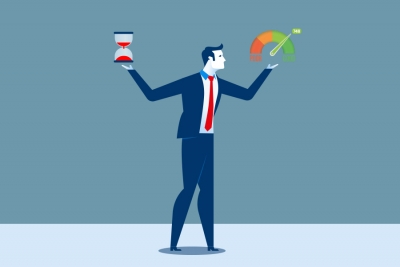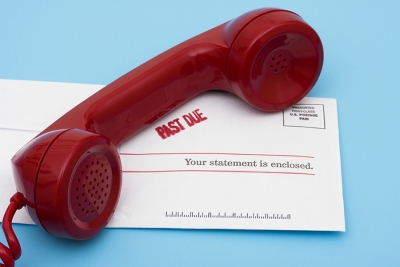When you’re saddled with more debt than you can handle, ducking calls from collectors and staying up nights worrying about how to make ends meet, bankruptcy can look an awful lot like a get-out-of-jail-free card. But if you’ve never really researched it, there are many facets of bankruptcy to seriously consider before you move forward. The truth of the matter is that bankruptcy is a challenging life decision — one that will stick with you for years.
For that reason, declaring bankruptcy is never your best option; bankruptcy prevention is.
What Bankruptcy Is — And What It’s Not
“Bankruptcy” means that you have legally declared your inability to repay debts, resulting in the removal of certain types of debt and a cease-fire from collection agencies.
But with this comes a cost.
Whether you file for Chapter 7 (full bankruptcy) or Chapter 13 (reorganization bankruptcy), bankruptcy makes a gigantic dent in your credit history — and rarely does it remove everything you owe. People who declare bankruptcy essentially have a “black mark” on their credit histories for up to a decade, which makes it difficult to set up bank accounts and lines of credit. Even worse, bankruptcy can trigger the repossession of your real estate and property. Needless to say, losing a house, car, or other valuables can make it particularly hard to get back on your feet, especially because bankruptcy can make it more difficult to get a job or even rent a place to live.
Is bankruptcy ever a good decision? Sometimes; the answer depends on your unique situation.
Don’t declare bankruptcy without first doing your research and seeking legal and financial counsel. If you are in a position where you think bankruptcy is your best option, please give us a call today. We can discuss your options and help formulate a credit repair plan that you can live with.






[…] Read the whole article here. […]